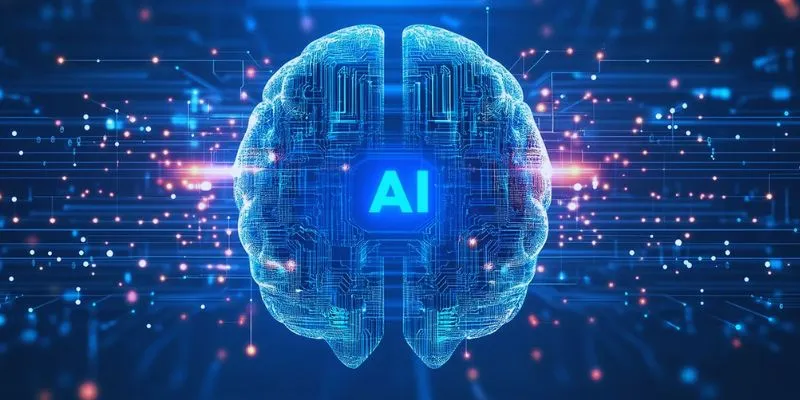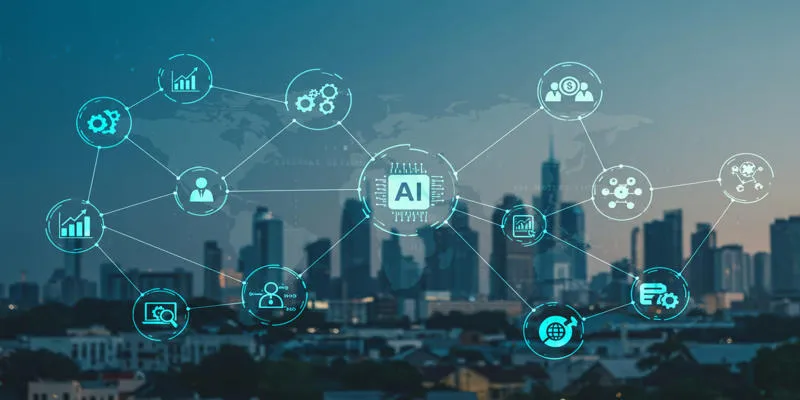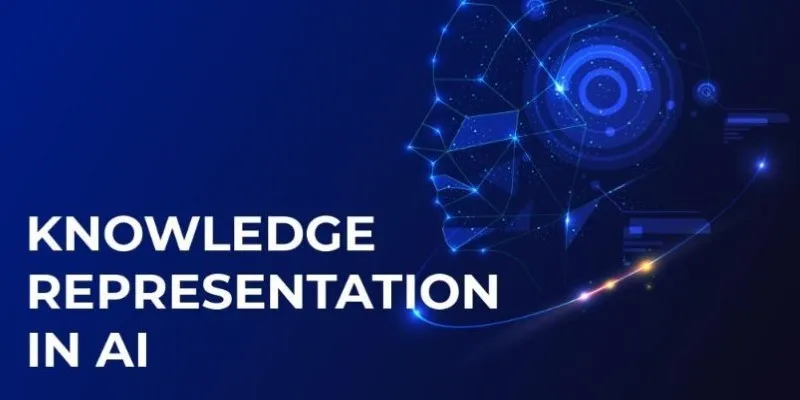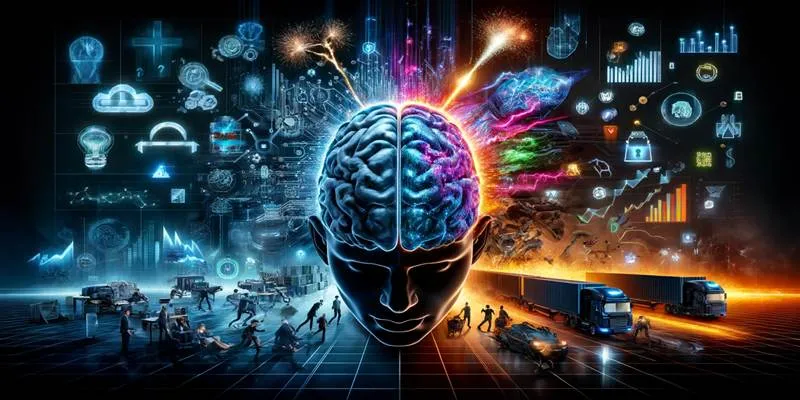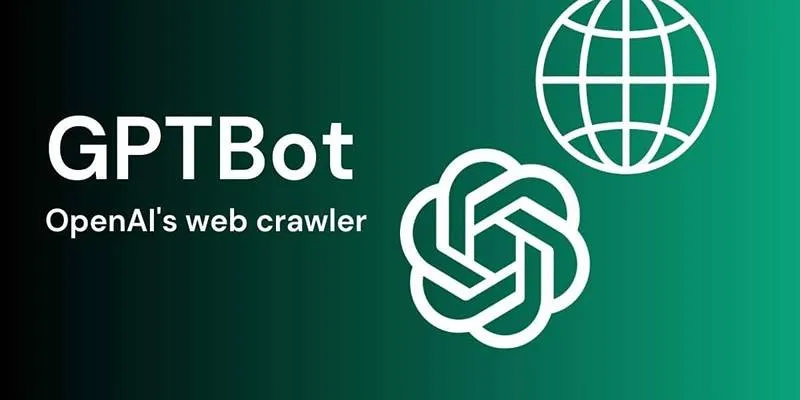Machine learning is revolutionizing industries worldwide, powering everything from medical equipment to self-driving cars and smart assistants. This transformation is driven by cutting-edge research and innovation by experts who are reshaping the landscape of artificial intelligence (AI). They are creating new algorithms, enhancing AI performance, and addressing real-world challenges, thus paving the way for the future of AI. From prestigious universities to leading tech companies, these pioneers are advancing the field of artificial intelligence.
These experts specialize in ethical AI, neural networks, and deep learning, influencing companies, governments, and society at large. Understanding their work guides us towards a deeper comprehension of AI. This guide highlights ten prominent machine learning leaders whose contributions span ethics, applications, and research. Their innovations impact fields like robotics, banking, and healthcare. By exploring their efforts, we can better appreciate the advancements in artificial intelligence.

Top Machine Learning Leaders
These leaders have made groundbreaking contributions to artificial intelligence, steering its development across various sectors.
Geoffrey Hinton
As a pioneer in deep learning, Geoffrey Hinton developed neural networks inspired by the human brain. His foundational work in convolutional neural networks and deep learning models has been pivotal for AI advancements. At Google and the University of Toronto, Hinton enhanced image recognition, speech processing, and AI accuracy, making machine learning more scalable and efficient for solving complex real-world problems.
Yann LeCun
Yann LeCun has advanced convolutional neural networks (CNNs), making breakthroughs in image and facial recognition and enabling self-driving cars. As Meta’s Chief AI Scientist, his focus on self-supervised learning and automation has boosted AI efficiency, leading to faster data processing and improved decision-making. His research is influential in robotics and AI applications across security, healthcare, and industry.
Andrew Ng
Co-founder of Google Brain and a prominent AI educator, Andrew Ng has significantly advanced deep learning. He led AI research at Baidu and founded Coursera to democratize AI education. Ng’s initiatives help businesses and individuals harness AI effectively, promoting innovation in sectors like finance and healthcare by integrating AI into practical applications.
Demis Hassabis
Demis Hassabis, co-founder of DeepMind, led the development of AlphaGo, which defeated human champions in the game of Go. He focuses on artificial general intelligence (AGI) and AI systems capable of human-like learning. Hassabis’s research pushes AI beyond automation, tackling global challenges in science, energy, and medicine through advanced reasoning and problem-solving.
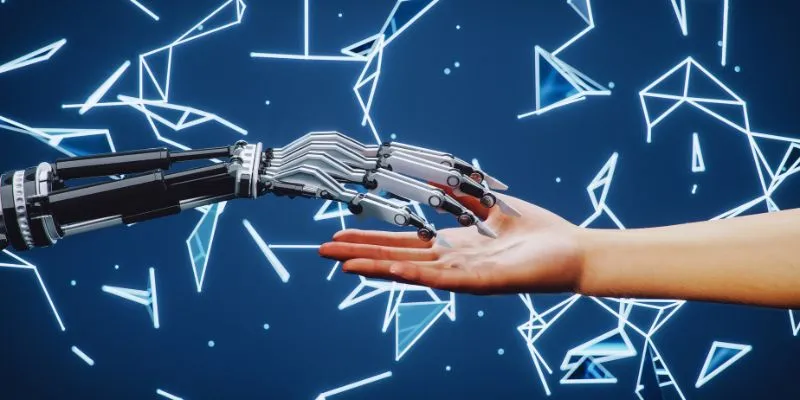
Fei-Fei Li
Fei-Fei Li is renowned for her work in computer vision. She developed ImageNet, a vast dataset for training deep learning models in image recognition. As a Stanford University professor, she advocates for diversity and ethical AI development. Her research enhances AI’s ability to process visual data, influencing sectors reliant on visual intelligence and automation, including healthcare.
Ian Goodfellow
Ian Goodfellow invented generative adversarial networks (GANs), which are used for generating realistic images, videos, and data. His work has transformed AI creativity and deepfake detection. At Google and Apple, he focused on improving AI security and instructional methods, ensuring more realistic and secure AI-generated content and expanding AI applications in art and entertainment.
Ruslan Salakhutdinov
Ruslan Salakhutdinov specializes in deep learning and probabilistic models. As the chief investigator for AI research at Apple, his work enhances AI’s ability to analyze complex data quickly, benefiting recommendation systems and natural language processing. His contributions make AI more reliable, intelligent, and efficient, driving innovation and data-driven decision-making across various sectors.
Jeff Dean
Jeff Dean, a senior AI researcher at Google, co-developed TensorFlow, a widely-used AI framework. His work empowers developers to access AI capabilities globally. Dean’s innovations improve AI’s scalability and intelligence, aiding businesses in incorporating AI efficiently to enhance automation, decision-making, and technological advancements in numerous fields.
Pieter Abbeel
Pieter Abbeel is recognized for his expertise in robotics and reinforcement learning, emphasizing AI systems that learn through trial and error. He teaches at UC Berkeley and co-founded Covariant, an AI-powered robotics company. His work advances robotics and AI adaptation, allowing for faster learning and operation in dynamic environments, promoting innovation in intelligent automation.
Sam Altman
As the leader of OpenAI, Sam Altman has developed groundbreaking AI technologies like DALL-E and ChatGPT. His focus on ethical and safe AI development shapes global AI policies. Altman’s efforts clarify AI’s role in communication and automation, ensuring that AI benefits society while minimizing risks. His vision promotes responsible and effective AI-driven advancements.
Conclusion
These ten leaders are instrumental in shaping the future of machine learning. Their contributions advance AI ethics, efficiency, and accessibility, impacting sectors from banking to healthcare. From deep learning to robotics, their pioneering work drives AI to become faster, smarter, and more applicable. By understanding their efforts, we can fully appreciate the evolution of artificial intelligence. These leaders continue to inspire new discoveries, ensuring AI benefits businesses, governments, and society, influencing decision-making, creativity, and automation. The future of machine learning relies on their vision, expertise, and commitment to progress.
 zfn9
zfn9



